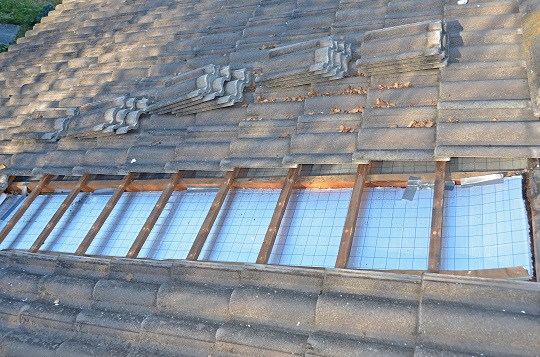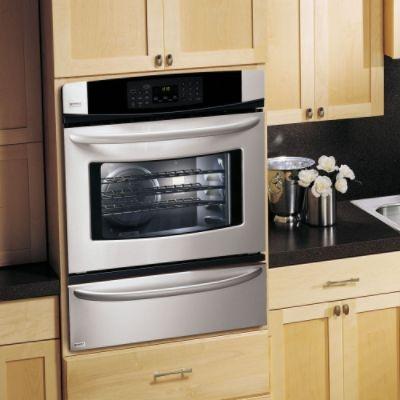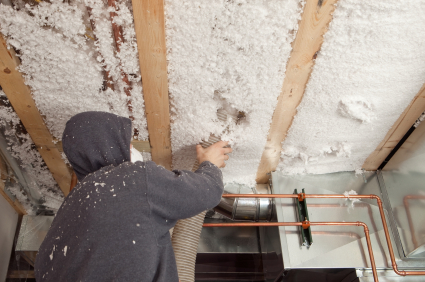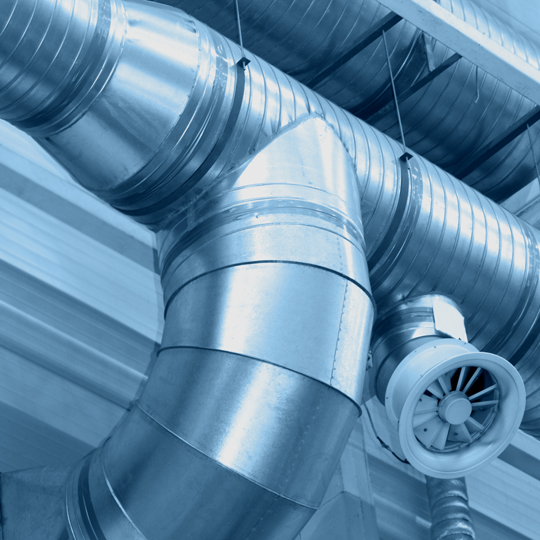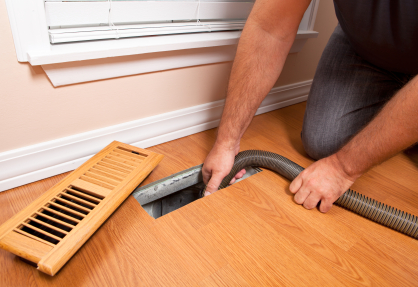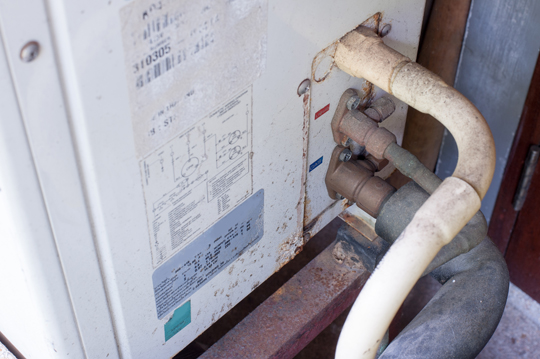Your roof is one of the most important areas of your house to insulate. A well-insulated roof can save you money on heating bills during the winter and cooling bills during the summer. There are many roof insulation types, and they each perform differently depending on the conditions, so you will need to choose the right type for your house. There are three general types of roofing insulation to consider: Batt, blown, and sprayed insulation.
Batt Insulation
Batt insulation (pictured above) is packaged in large rolls and made of either fiberglass or cotton that is commonly used to insulate home roofs and ceilings. While Batt insulation is usually the cheapest, the quality does not measure up to other types of insulation. Insulation works the best when it can completely fill the cavity of your roof so no heat can escape. Batt insulation needs to be cut into the specific shapes of your roofing and has to compete with all sorts of wiring, junction boxes, and exhaust fans, making it difficult to insulate effectively.
Blown Insulation
Blown insulation usually consists of small particles of fiberglass or cellulose that is installed by spraying it into your attic through a hose. These small pieces can fit snugly into almost all of the spaces in the attic, ensuring that all cavities will be filled effectively. Fiberglass, while a little more expensive, is lighter than cellulose and stands up well against moisture. If you live in a wet climate and expect a lot of moisture on your roof, avoid cellulose; it will rot out easily since it is made from shredded newspapers.
Sprayed Insulation
Spray foam is also a very common type of insulation. The major advantage of spray foam is that it you can apply it directly to the roof line, rather than leaving it on the attic floor like with blown insulation. Spray foam insulation will stick to the roof and offer reliable insulation, and is also necessary if you have your HVAC system and ducts in your roof. However, the major disadvantage to spray insulation is the cost, which is approximately three to four times what you would pay for blown insulation.
Find A Roofing Contractor
If you are uncertain about which of these roof insulation types will work best for your house, contact a roofing expert so that you can get a personalized assessment for your situation. TalkLocal can make finding that roofing expert a breeze. Once you submit a service request through our system, you’ll be talking with a local, high-quality roofing professional in just minutes!

